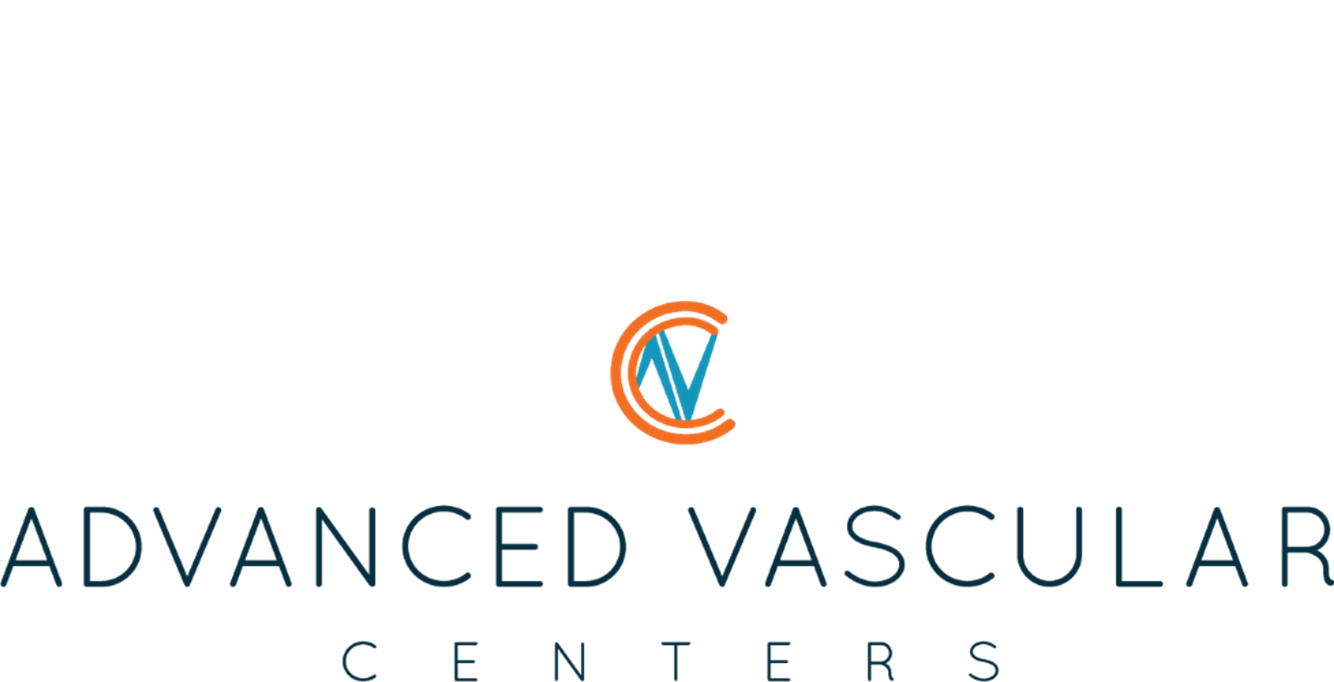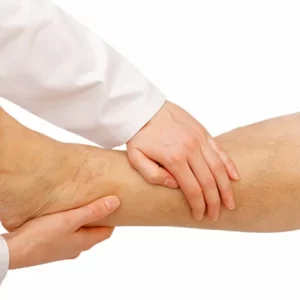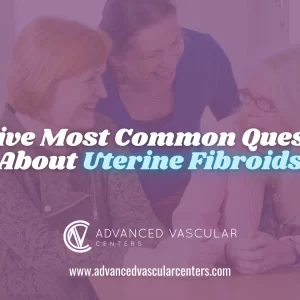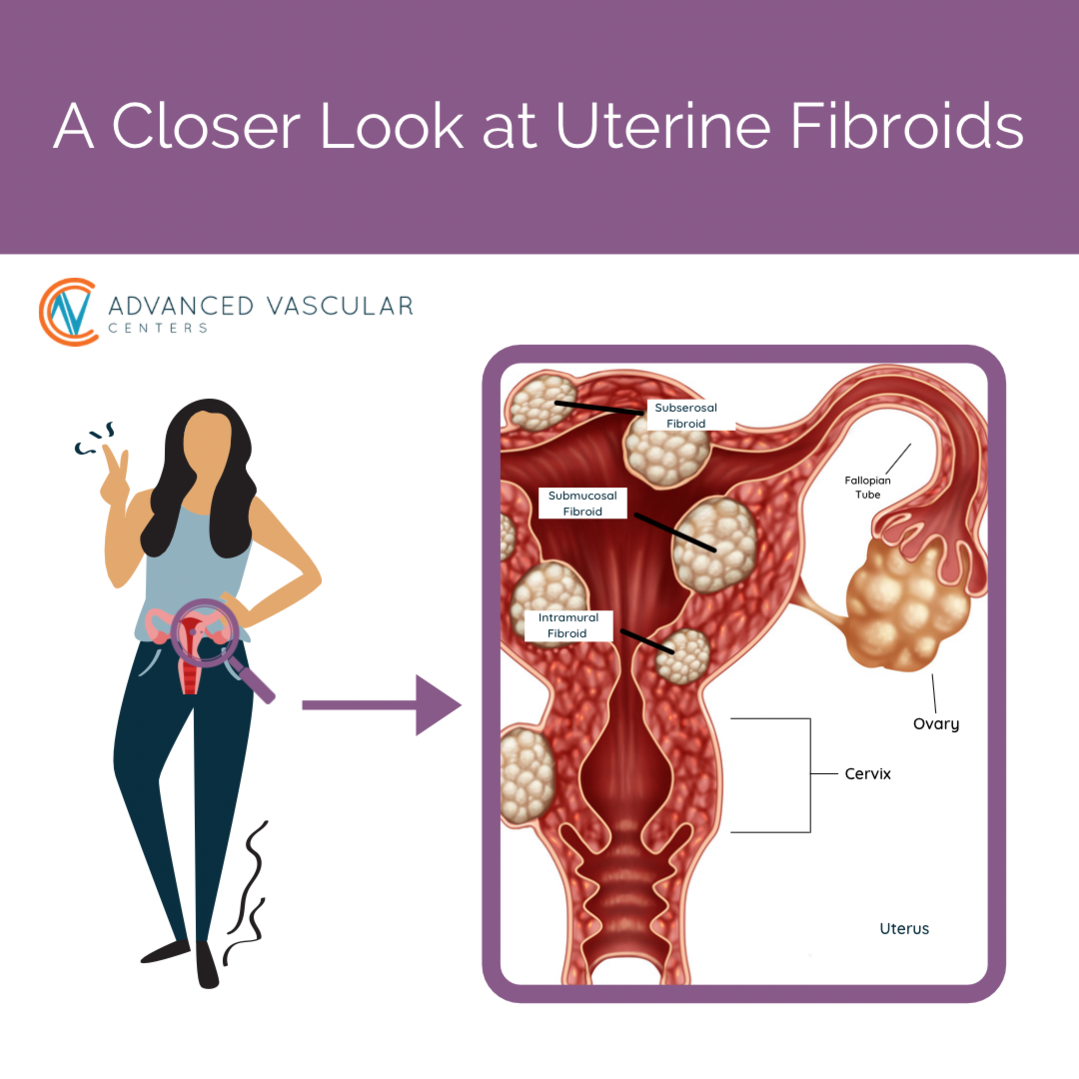RADIOFREQUENCY
Radiofrequency (RF) is a form of electromagnetic energy that is used in various medical procedures to treat a range of conditions. This article explores the principles of radiofrequency, its applications in medicine, the different types of procedures that use radiofrequency, and the benefits and risks associated with this technology.
Contact AVC to see if you are a candidate for Radiofrequency (RF).
Radiofrequency
Radiofrequency (RF) energy is a type of electromagnetic energy that is used in medical procedures to heat and destroy abnormal tissues or to stimulate nerves for therapeutic purposes. RF energy is delivered through a specialized device called a radiofrequency generator, which produces an alternating current that creates heat when applied to tissues.
Principles of Radiofrequency
Radiofrequency works by generating heat in the target tissues, which can have several effects, including:
- Destruction of abnormal tissues, such as tumors or abnormal electrical pathways in the heart
- Stimulation of nerves to reduce pain or improve function
- Modification of collagen fibers to tighten skin or reduce the appearance of wrinkles
Applications of Radiofrequency in Medicine
- Pain Management: Radiofrequency ablation (RFA) is used to treat chronic pain conditions, such as arthritis or back pain, by destroying nerves that transmit pain signals.
- Cardiology: Radiofrequency catheter ablation (RFCA) is used to treat arrhythmias (irregular heartbeats) by destroying abnormal electrical pathways in the heart.
- Dermatology: Radiofrequency is used in cosmetic procedures to tighten skin, reduce wrinkles, and improve skin tone.
- Oncology: Radiofrequency ablation (RFA) is used to treat certain types of cancer, such as liver cancer, by destroying tumor cells with heat.
- Neurology: Radiofrequency is used in procedures such as deep brain stimulation (DBS) to stimulate specific areas of the brain to treat neurological conditions such as Parkinson’s disease.
Types of Radiofrequency Procedures
- Radiofrequency Ablation (RFA): RFA is a procedure that uses radiofrequency energy to destroy abnormal tissues, such as tumors or nerve tissue, by heating them to a high temperature.
- Radiofrequency Catheter Ablation (RFCA): RFCA is a procedure used to treat arrhythmias (irregular heartbeats) by delivering radiofrequency energy through a catheter to destroy abnormal electrical pathways in the heart.
- Radiofrequency Neurotomy: This procedure, also known as radiofrequency denervation, is used to treat chronic pain conditions by destroying nerves that transmit pain signals using radiofrequency energy.
- Radiofrequency Skin Tightening: This cosmetic procedure uses radiofrequency energy to stimulate collagen production and tighten skin, reducing the appearance of wrinkles and improving skin tone.
Benefits of Radiofrequency
- Minimally Invasive: Radiofrequency procedures are typically minimally invasive, meaning they can be performed using small incisions or needles, reducing the risk of complications and the need for extensive recovery time.
- Targeted Treatment: Radiofrequency energy can be precisely targeted to the treatment area, minimizing damage to surrounding tissues.
- Effective: Radiofrequency procedures have been shown to be effective in treating a variety of conditions, including chronic pain, arrhythmias, and certain types of cancer.
Radiofrequency is a versatile technology that is used in a wide range of medical procedures to treat various conditions. From pain management to cardiology to dermatology, radiofrequency has revolutionized the way many conditions are treated, offering patients a minimally invasive, effective, and targeted approach to healthcare. Contact us to discuss the potential benefits and risks.
Risks and Complications
While radiofrequency procedures are generally considered safe, they carry certain risks, including:
- Burns or skin damage at the treatment site
- Infection
- Nerve damage
- Rarely, more serious complications such as organ perforation or excessive bleeding
FAQS
What conditions can be treated with radiofrequency?
Radiofrequency can be used to treat a variety of conditions, including chronic pain conditions (e.g., arthritis, back pain), arrhythmias (irregular heartbeats), skin laxity (e.g., wrinkles, sagging skin), and certain types of cancer (e.g., liver cancer).
What are the different types of radiofrequency procedures?
There are several types of radiofrequency procedures, including radiofrequency ablation (RFA), radiofrequency catheter ablation (RFCA), radiofrequency neurotomy, and radiofrequency skin tightening. These procedures are used to treat different conditions by delivering radiofrequency energy to the target tissues.
Is radiofrequency treatment painful?
Radiofrequency treatment is typically not painful, as local anesthesia is used to numb the treatment area. Some patients may experience mild discomfort or a sensation of heat during the procedure.
How long does it take to recover from radiofrequency treatment?
Recovery time from radiofrequency treatment varies depending on the type and location of the treatment. In general, patients can resume normal activities within a few days, although strenuous activities should be avoided for a short period.
How effective is radiofrequency treatment in treating various conditions?
Radiofrequency treatment has been shown to be effective in treating a variety of conditions, including chronic pain, arrhythmias, and certain types of cancer. However, the effectiveness of the treatment depends on factors such as the type and severity of the condition, the location of the treatment, and the patient’s overall health status.
What should I expect during and after a radiofrequency treatment?
During the procedure, you can expect to be awake or under anesthesia, depending on the type of treatment. You may feel some mild discomfort or a sensation of heat during the procedure. After the procedure, you may experience some swelling, redness, or discomfort at the treatment site, which can be managed with pain medication and ice packs. You should follow your healthcare provider’s instructions for post-procedure care to ensure optimal healing.




